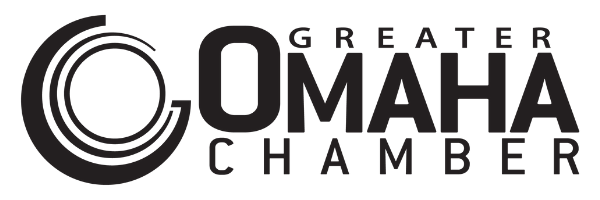Senators have completed 50 of the scheduled 90 days of the 2021 session. Regular committee hearings have given way to day-long floor debate, and most time allotments go to bills that have been designated as priorities by senators and committees.
Expected shortly is the new two-year state budget. Under the rules of the legislature, the budget must gain final approval by the session’s 80th day. Speaker Hilgers has indicated that he would like to see that date moved up, reasoning that another COVID delay could put senators in a bind (the new fiscal year begins July 1). So, there is a good chance that appropriations debate will take precedence as soon as the committee makes its final recommendations.
In the meantime, there has been progress on legislation important to the Chamber.
This week, LB 156, Senator Wayne’s proposal to authorize inland port authorities, advanced from first-round debate on a 44-0 vote. This would facilitate the development of industrial mega sites, something Nebraska needs to attract large employment and investment projects.
Also advancing was LB 544, which would provide employment and tax credits for projects in areas of high unemployment and poverty.
LB 387, Senator Brewer’s’ bill to increase the income tax exemption for military retirement pay to 100 percent now awaits a final approval vote. That will have to wait until the budget is approved, as do other proposals that affect revenues and spending.
Economic development programming that is expected to be funded in the state budget includes:
- Customized Job Training, a key element in securing new and expanding employment projects.
- The Business Innovation Act, which has demonstrated a remarkable record of success in fostering new business ventures.
- The ImagiNE Nebraska Revolving Loan fund. This is used for workforce and infrastructure development, and the funding would begin a year ahead of schedule.
- The Shovel-Ready Capital Recovery and Investment Act. This would provide state matching funds for federal stimulus grants to nonprofit entities for accelerating arts, culture, and humanities projects that have been delayed due to conditions resulting from COVID-19.
State revenue growth has been steady and well above forecasts since the fiscal year began in July, a good indicator of Nebraska’s economic health. That, however, can actually put senators in something of a quandary. Spend it? Bank it for future programming or tax reductions? An Appropriations Committee chairman once remarked that it is easier—budget wise—to deal with revenue shortfalls than surpluses.
The Legislature is already moving at a fair pace in debating and advancing bills (thirty proposals have already gained final approval.) That pace will pick up in the coming weeks, and we will keep you posted as things progress.
Jennifer Creager
Senior Director, Public Policy
808 Conagra Dr., Ste. 400, Omaha, NE 68102
Lincoln Office: 402-474-4960
For more information, visit our Public Policy page or contact Jennifer Creager or Tim Stuart at 402.474.4960.
You can read the Legislature’s Update to learn more about the happenings in Lincoln.
